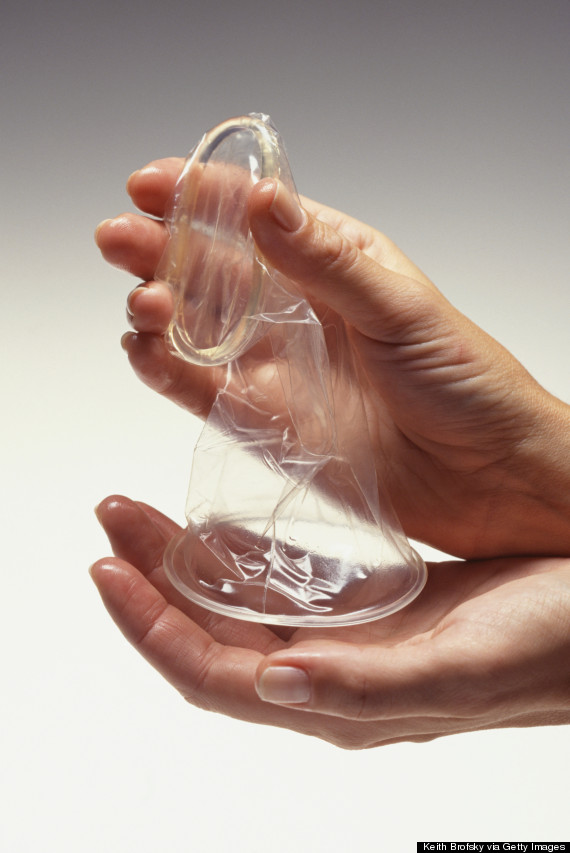Most college students don't know what a female condom is, according to a study from the University of Texas at Arlington.
In the study, researchers Charla Markham Shaw and Karishma Chatterjee sought to identify two primary unknowns: the qualities of the female condom that are important to college students and the ways in which college students view the female condom as a form of protection against sexually transmitted infections and unplanned pregnancies.
The study consisted of two parts: In the first stage, 55 male and 94 female participants between the ages of 18 and 24 were split into "same-sex groups of seven to 15 participants [and] attended a 15-minute information session led by a same-sex peer educator, to ensure basic understanding of the [female condom] device."

Few knew about the female condom, they found.
"In the second stage, immediately following the information session, participants completed an anonymous online survey, in a nearby computer lab. The survey asked questions related to perceptions of protective methods and questions specific to perceptions of the [female condom] as a means of protection from STIs and unplanned pregnancies."
For the women in the study, "design, lack of side effects, protection and convenience" were the most important characteristics. The men were mostly concerned with design and protection.
The study showed that once students knew about female condoms, they actually liked the idea of using them, and "a number of participants asked whether they could take a [female condom] with them to try."
"Teens and young college adults encounter many sexual health risks, so communicating meaningful and relevant information that connects with this demographic is critical," Shaw said. "Both women and men must be considered when developing messages about the female condom, as partner acceptance is key in successful adoption of new sexual health technologies."
[h/t Salon]
